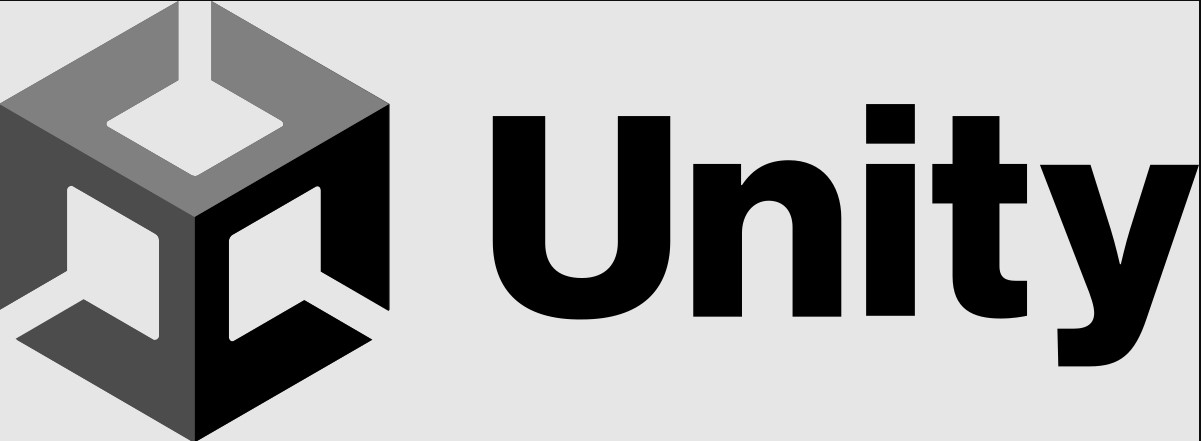"Unity swiftly moves to provide clarification on its price increase proposal, amidst mounting frustration from game developers."

Unity, the technology company renowned for its popular game development engine, finds itself in a race to provide clarity on the implementation of a service price increase. This move follows a widely criticized announcement on Tuesday morning that triggered frustration within the game development community.
Why it's significant: Unity asserts that these fees are crucial to fund the advancement of its technology. However, this move has left many game creators pondering whether achieving success with Unity could potentially result in higher costs outweighing their earnings.
Throughout the day, developers openly discussed postponing their projects in favor of switching to Epic Games' Unreal Engine or alternative services on X (formerly known as Twitter).
Nevertheless, by the evening, Unity executive Marc Whitten had begun updating Axios on the company's policies, potentially alleviating some concerns raised by game developers.
Details: The newly introduced "Runtime Fee," revealed on Tuesday morning, is tied to the installations of a game by players—an action that previously incurred no charges for developers.
Under Unity's new plan, developers utilizing the free tier of development services would owe Unity $0.20 per installation once their game surpasses thresholds of 200,000 downloads and $200,000 in revenue.
Developers paying over $2,000 annually for a Unity Pro plan would face higher thresholds and lower fees.
The new fee structure will take effect at the beginning of 2024.
However, game developers on X were quick to express their dismay, fearing that any game experiencing a surge in installations due to sales, inclusion in charity bundles, or being featured on subscription services like Microsoft's Game Pass would result in burdensome Unity fees.
"Stop it," tweeted Innersloth, the development studio behind the popular game Among Us. "This would harm not only us but fellow game studios of all budgets and sizes..."
Another studio, Aggro Crab, implored Unity to reconsider its plans, voicing concerns that their upcoming game, set to be released to Game Pass's 25 million subscribers, could incur fees jeopardizing their business stability.
The intrigue: Unity has been hustling to clarify and, in one notable instance, adjust its statements regarding the fee policies.
Zoom in: After initially informing Axios earlier on Tuesday that each installation and reinstallation of a game by a player would incur multiple fees, Unity's Whitten clarified that the company would only charge for the initial installation. (A spokesperson told Axios that Unity had "reassessed" to address this issue.)
This clarification aimed to allay concerns of "install-bombing," where disgruntled users could repeatedly delete and reinstall a game to accumulate fees to penalize developers.
However, an additional fee will apply if a user installs a game on a second device, such as a Steam Deck after initially installing it on a PC.
Between the lines: Whitten also clarified that Runtime fees would not be imposed for game demo installations, unless the demo is integrated into a download containing the full game (early access games would incur fees for installations, he noted).
Games offered for charity or included in charity events will be exempt from these fees. Unity intends to provide a mechanism for developers to inform the company when their games are offered in this manner, according to Whitten.
Regarding Game Pass and similar subscription services, Whitten assured that developers like Aggro Crab would not be held responsible, as the fees are billed to distributors, with Microsoft being the distributor in the Game Pass example.
Notably, Whitten estimated that only around 10% of Unity's developers would ultimately be subject to any fees, given the thresholds games need to meet.
What they're saying: "Our fundamental aim with this is simply to ensure that we establish a fair value exchange that allows us to continue investing in our core mission of providing the best tools for creating outstanding games."
"It's not enjoyable to receive an influx of negative feedback on any given day. I believe it underscores the need for us to clarify certain aspects. But we're attentive, and we are committed to delivering the best we can."